STORM OF STEEL
A worldwide bestseller published shortly after the end of World War I, Storm of Steel is a memoir of astonishing power, savagery, and ashen lyricism. It illuminates not only the horrors but also the fascination of total war, as seen through the eyes of an ordinary German soldier.
Young, tough, patriotic, but also disturbingly self-aware, Ernst Jnger exulted in the Great War, which he saw not just as a great national conflict but alsomore importantlyas a unique personal struggle. Leading raiding parties, defending trenches against murderous British incursions, simply enduring as shells tore his comrades apart, Jnger keeps testing himself, braced for the death that will mark his failure.
An articulate, often beautifully so, introduction to the world view of a different breed of man: the born warrior.
Karl Marlantes, from the Foreword
The definitive World War I account from the German point of view.
Margaret Atwood, Entertainment Weekly
Storm of Steel is what so many books claim to be but are not: a classic account of war.
London Evening Standard
Extraordinary... Michael Hofmanns superlative translation retains all the coruscating vitality of the original.
Niall Ferguson, author of Civilization, Colossus, and The Ascent of Money
PENGUIN CLASSICS  DELUXE EDITION
DELUXE EDITION
STORM OF STEEL
ERNST JNGER (18951998) was born in Heidelberg, Germany. He ran away from school to enlist in the Foreign Legion and in 1914 volunteered to join the German army. He fought throughout the war and recorded his experiences in several books, most famously in In Stahlgewittern (Storm of Steel). While admired by the Nazis, he remained critical of them and through novels such as On the Marble Cliffs (1939) sought to understand the impasse into which Germany was heading. Throughout the Nazi period he was a controversial inner emigrant, distanced from the regime yet only obliquely in opposition. His most famous later books include Heliopolis (1949), The Glass Bees (1957), Eumeswil (1977), Aladdins Problem (1983), and A Dangerous Encounter (1985).
MICHAEL HOFMANN has translated Joseph Roth, Hans Fallada, Herta Mller, Zo Jenny, Wim Wenders, Wolfgang Koeppen, Durs Grnbein, and Franz Kafka. He is a professor of English at the University of Florida.
KARL MARLANTES is the New York Times bestselling author of Matterhorn and What It Is Like to Go to War. He served as a Marine in the Vietnam War, where he was awarded the Navy Cross, the Bronze Star, two Navy Commendation Medals for valor, two Purple Hearts, and ten air medals. He lives near Duvall, Washington.
PENGUIN BOOKS
An imprint of Penguin Random House LLC
375 Hudson Street
New York, New York 10014
penguin.com
In Stahlgewittern first published in Germany 1920
This final revised edition first published 1961
This translation made from the edition prepared from the Saemtliche Werke, vol. I: Der Erste Weltkrieg. Klett-Cotta, Stuttgart, 1978
This translation first published in Great Britain by Allen Lane, an imprint of Penguin Books, 2003
Published in Penguin Books 2004
This edition with a foreword by Karl Marlantes published 2016
Copyright 1920, 1961 by J.G. Cottasche Buchhandlung Nachfolger GmbH, Stuttgart
Introduction and translation copyright 2003 by Michael Hofmann
Foreword 2016 by Karl Marlantes
Penguin supports copyright. Copyright fuels creativity, encourages diverse voices, promotes free speech, and creates a vibrant culture. Thank you for buying an authorized edition of this book and for complying with copyright laws by not reproducing, scanning, or distributing any part of it in any form without permission. You are supporting writers and allowing Penguin to continue to publish books for every reader.
LIBRARY OF CONGRESS CATALOGING-IN-PUBLICATION DATA
Names: Junger, Ernst, 18951998 author. | Hofmann, Michael, 1957 August 25translator.
Title: Storm of steel / Ernst Junger ; translated with an introduction by Michael Hofmann ; foreword by Karl Marlantes.
Other titles: In Stahlgewittern. English
Description: New York City : Penguin Books, 2016. | First published in Germany 1920Introduction. | Includes bibliographical references.
Identifiers: LCCN 2015046875 | ISBN: 978-1-101-66653-1
Subjects: LCSH: Junger, Ernst, 18951998. | World War, 19141918Personal narratives, German. | Junger, Ernst, 18951998Diaries. | SoldiersGermanyDiaries.
Classification: LCC D640 .J69313 2016 | DDC 940.4/144092dc23
Cover art by Neil Gower
Version_1
Foreword
Storm of Steel was constructed from the wartime diary of a very young man. Ernst Jnger experienced combat for the first time at the age of nineteen, in late December of 1914; he was twenty-three when the war ended. This is common: when I was a Marine infantry officer serving during the Vietnam War, the vast majority of Marines in my company were under twenty. What is uncommon is to write the raw material of a classic memoir at this age and then have it published at the age of twenty-five, just two years after the wars end.
It should surprise no one that Jngers book contains almost no political, moral, or philosophical commentary: Young men generally dont think deeply or philosophize about most things. But the lack of such commentary is not just because of the authors age; it is also because Storm of Steel was written by the type of person I call a born warrior. Born warriors are interested in war and fighting, not philosophy or politics.
During my own war, I had the privilege of living in close proximity to born warriors. The Marine Corps has a lot of them. I am not one of them. I would consider myself a citizen soldier, and most of the young men I served with were citizen soldiers as well. We became warriors, through either volunteering or being drafted, for the time that we were needed by our country. As soon as we could, we left the military and returned home. Born warriors are different. For them, war is home. They like to fight.
It is too often assumed that if someone is at home in war and likes to fight, then that makes him somehow cruel or lacking in compassion or even sociopathic. The born warriors I lived with wept when their friends died, were often frightened, struggled with issues of when to kill and when not to kill, missed their girlfriends, and appreciated the song of a bird or a beautiful jungle stream just like the rest of us. They, however, experienced war not as something to endure but as something meaningful to them, something they wanted to engage in more than anything else. Think about a born musician who gets clinically depressed if she is unable to play her instrument, or how differently she experiences a string quartet from the rest of us.
One of the many born warriors I knew was George Jmaeff, a young Canadian who came south and joined the U.S. Marines to fight in Vietnam. He was about six foot three, looked like Errol Flynn, and carried a sawed-off M-60 machine gunnormally a crew-served weapon, but he had modified it so he could wield it alone. He always walked point. He always volunteered for the dangerous jobs. Canada, as everyone called him, was iconic, known and talked about all over the regiment. Yet he wasnt crazy or stupidly aggressive. He was levelheaded, cool under fire, and a born leader who did not expose his fellow Marines to unnecessary risk. In short, he was good at war.

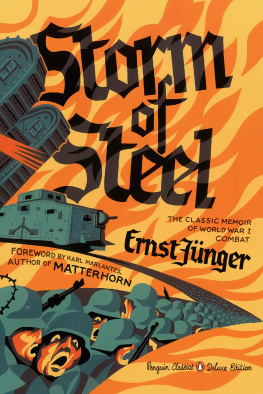



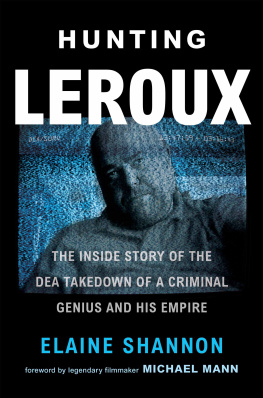

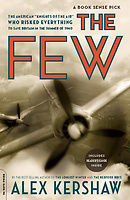
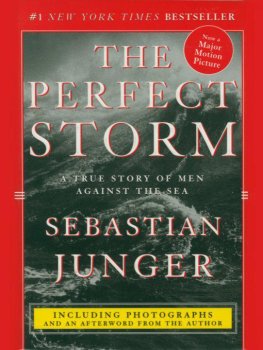
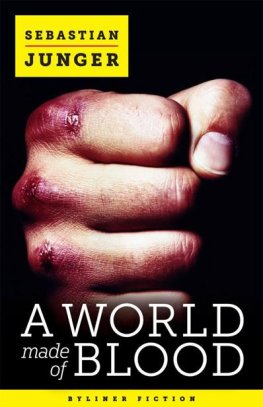

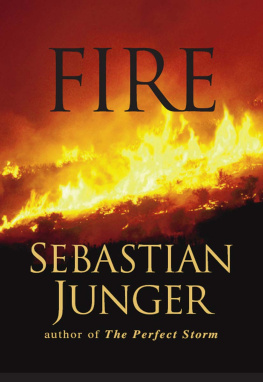
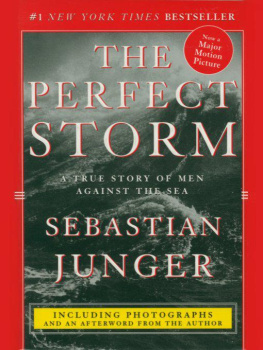
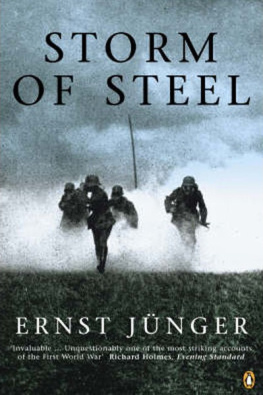
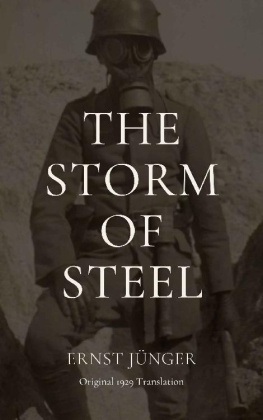
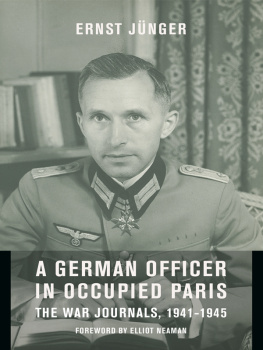
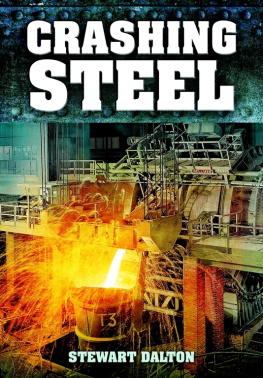
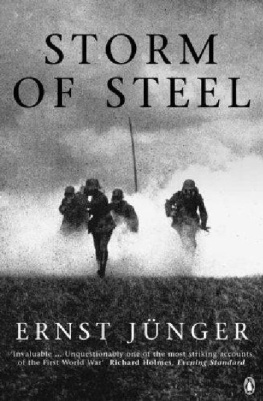
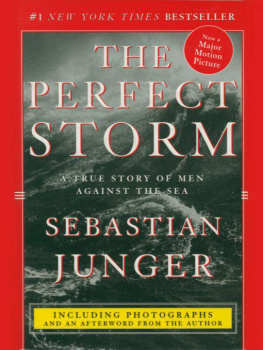

 DELUXE EDITION
DELUXE EDITION